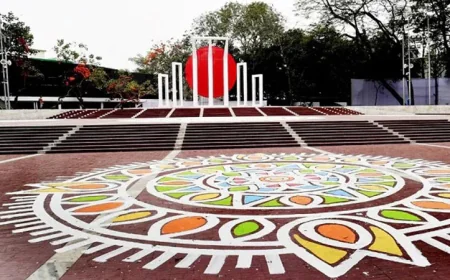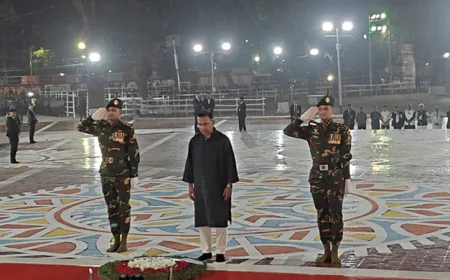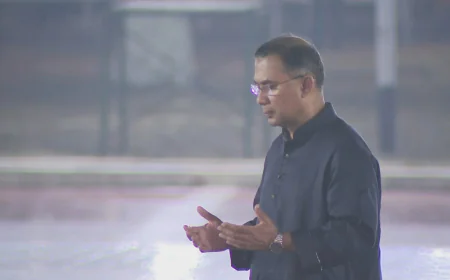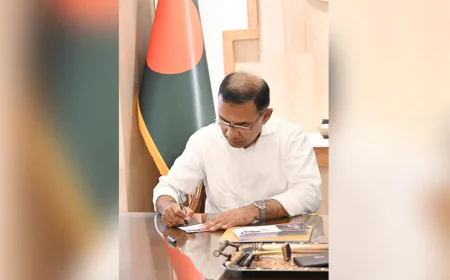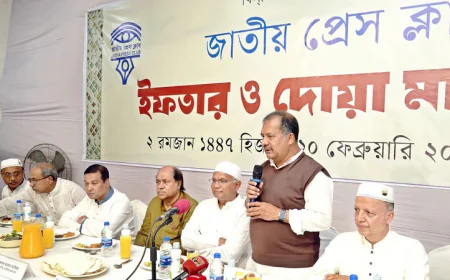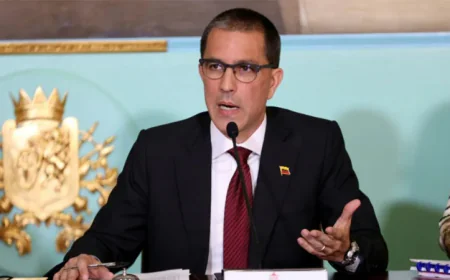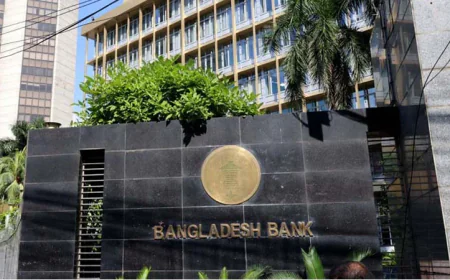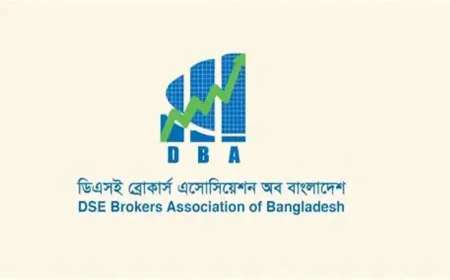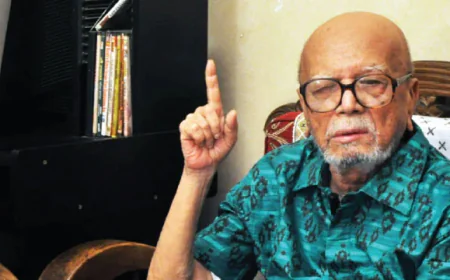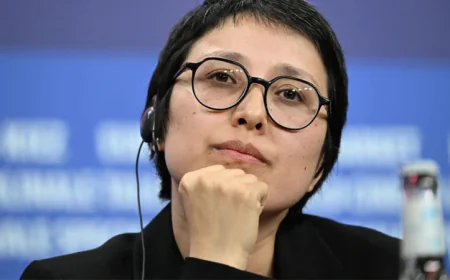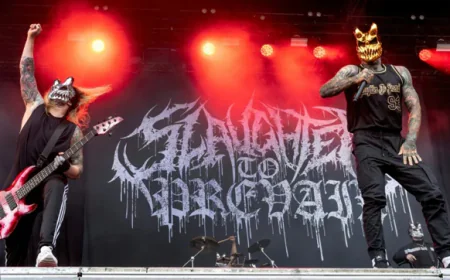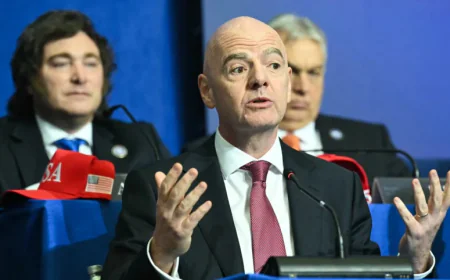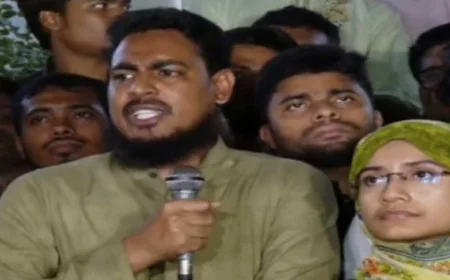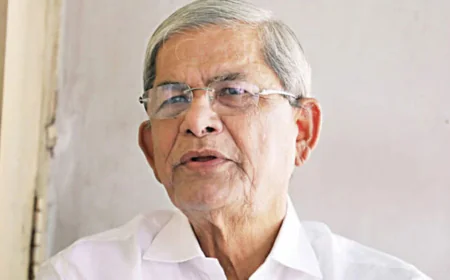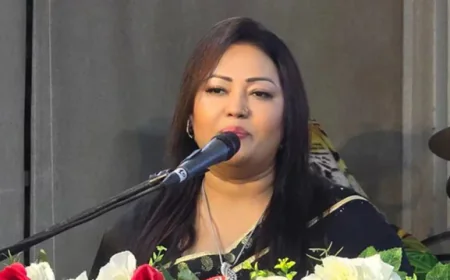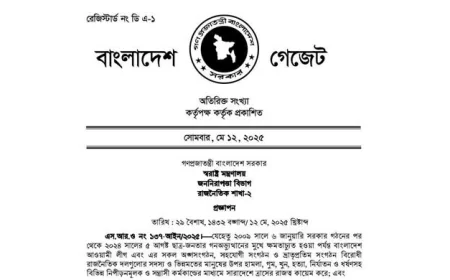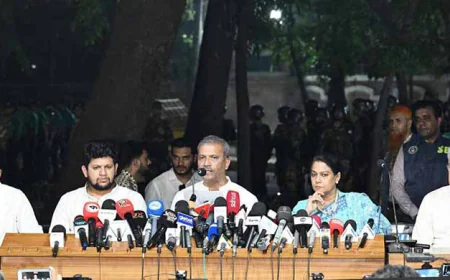CPB: No Consensus if Referendum or Constituent Assembly Comes First
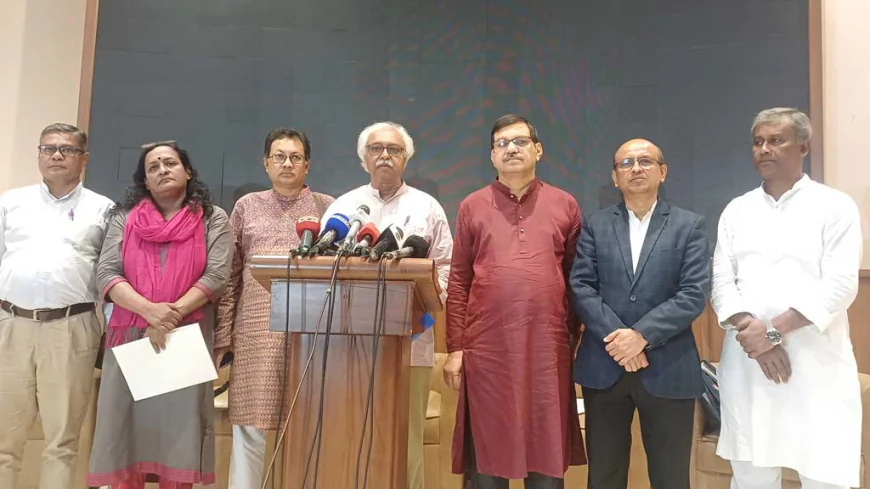
The Communist Party of Bangladesh (CPB) believes that it will not be possible to build a national consensus on state reform if proposals like a referendum or Constituent Assembly are brought to the forefront.
“Proposals such as a Constituent Assembly, Constitutional Council, and referendum have been raised. We’ve clearly expressed our disagreement on these points,” according to the party leaders.
Instead, they argued that it should have been clearly mentioned at the start of the proposals that the implementation of the reforms would be done by the elected government.
CPB General Secretary Ruhin Hossain Prince made the remarks after a dialogue with the National Consensus Commission at the National Parliament on Monday.
The dialogue, which was postponed on May 13, resumed at 3pm on Monday. Seven members of the party participated in it.
He said, “One of the main tasks before us is to hold fair and free elections. Necessary reforms should be brought forward, but we haven't discussed them yet.
“Some are mentioned in their documents, and we've asked them to raise the issues for discussion.”
He further said, “For example, how can the game of money and dominance of muscle power be stopped in elections? How can propaganda be stopped?
“What can be done to ensure there is no administrative manipulation? Discussions must be held to decide what can be done about these.”
Prince said, “The way they’ve asked the questions (in the spreadsheet), they created a crisis from the start.
“If they had said, ‘This is our opinion—do you agree, disagree, or partially agree? How can we implement it?’ it would’ve helped.
“The word “reform” should’ve come through the elected parliament, but that isn’t even mentioned.
“Instead, they brought up proposals like the Constituent Assembly, Constitutional Council, and referendum. If such topics are made central, consensus won’t be possible.”
Commenting on the vehement opposition to the discussion on the four fundamental principles of the state, Prince said: “They have said that one is ineligible if a case is filed in his name, instead of mentioning ‘crimes against humanity’.”
“We have to transfer power to elected representatives. The people will decide.
“If someone does not keep their word and work for the people, we believe the people will stand against it again.
“If we delay the election, many domestic and foreign evil forces will get an opportunity.”
Commenting that the talks of high-level officials in the government are creating crises, the CPB general secretary said: “Many times, new crises are created by statements from government figures.
“For example, reform wasn’t even on the agenda. The National Board of Revenue was also dissolved overnight without any discussion.”
